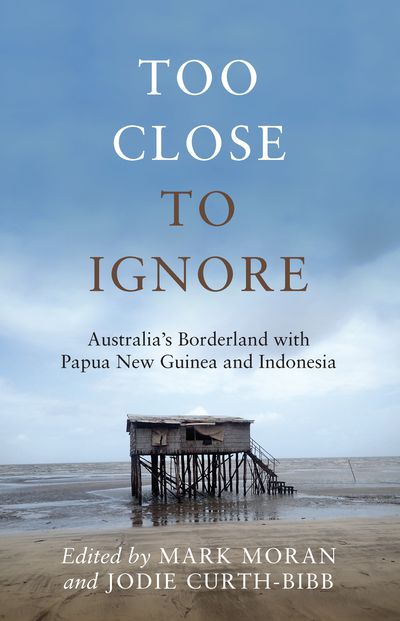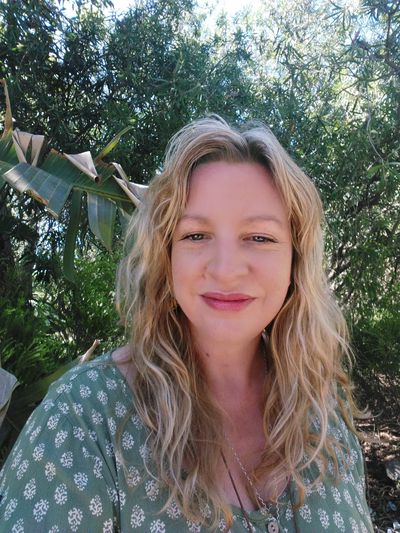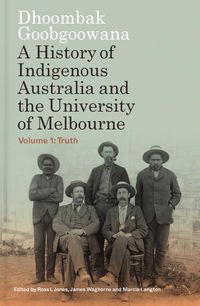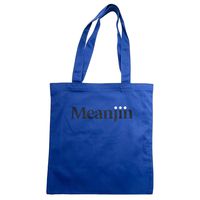Too Close to Ignore
Australia’s Borderland with PNG and Indonesia
Mark Moran, Jodie Curth-Bibb
Paperback
Out of stock
$34.99
Member discount
As an MUP member you get 40% off the price of this book.
Member discount
As an MUP member you get 40% off the price of this book.
Member discount
As an MUP member you get 100% off the price of this book.
Member discount
As an MUP member you get 25% off the price of this book.
Member discount
As an MUP member you get 25% off the price of this book.
Member discount
As an MUP member you get 25% off the price of this book.
Member discount
As an MUP member you get 40% off the price of this book.
Member discount
As an MUP member you get 10% off the price of this book.
Member discount
As an MUP member you get 35% off the price of this book.
Member discount
As an MUP member you get 40% off the price of this book.
Too Close to Ignore
Australia’s Borderland with PNG and Indonesia
Mark Moran, Jodie Curth-Bibb
This book presents the results of three years of research into the unique social and political geography of the borderland.
Less than five kilometres from Australia's most northern islands in the Torres Strait lies the southern coast of Papua New Guinea (PNG). The people living on the PNG side of the border along the South Fly coast live in abject poverty, with a near total absence of services and infrastructure. The disparity in income, housing and health outcomes when compared with their nearby neighbours and relatives in the Torres Strait Islands, is extreme
The border is the focus of a range of interventions by the Australian and Queensland governments, including border protection, quarantine, marine resource management, and infectious disease control, including an alarming outbreak of multi-drug resistant tuberculosis. Restrictions are increasing on trading, fishing and access to Australian services. However, questions remain as to whether this focus is having unintended consequences, increasing the destitution and frustration on the PNG side, in turn exacerbating the security threat to Australia. And as…
Less than five kilometres from Australia's most northern islands in the Torres Strait lies the southern coast of Papua New Guinea (PNG). The people living on the PNG side of the border along the South Fly coast live in abject poverty, with a near total absence of services and infrastructure. The disparity in income, housing and health outcomes when compared with their nearby neighbours and relatives in the Torres Strait Islands, is extreme.
The border is the focus of a range of interventions by the Australian and Queensland governments, including border protection, quarantine, marine resource management, and infectious disease control, including an alarming outbreak of multi-drug resistant tuberculosis. Restrictions are increasing on trading, fishing and access to Australian services. However, questions remain as to whether this focus is having unintended consequences, increasing the destitution and frustration on the PNG side, in turn exacerbating the security threat to Australia. And as the Australian border hardens, the Indonesian border beckons.
This book presents the results of three years of research into the unique social and political geography of the borderland. The Torres Strait Treaty between Australia and PNG serves to construct a complex institutional layering, a tiered economy and a hierarchy of identities between those South Fly villagers who have rights under the Treaty to travel into Australia, and those who do not. This creates a politics of expectation and frustration that permeates everyday life along the South Fly coast, through which development projects must navigate.
“
The editors and contributors are to be congratulated on a lively collection which pushes against the tide. Different disciplinary perspectives add greatly to the depth of this collection, while the editors have also worked hard to create coherent themes. Acute political and socioeconomic inequalities across these borderlands are being ignored, or not given the attention they warrant. Perhaps this collection can contribute to changing that disturbing reality.”
William Sanders, Australian Institute of International Affairs“
An impressively interdisciplinary collection, cogently synthesising perspectives across law, governance, health, anthropology, development, and environmental and marine-resource management.”
Kieran Pender, Australian Book review“
A thoroughly researched and referenced academic analysis ... an accessible read that builds on the personal experience of the contributors to create vivid illustrations of the region.”
Shane McLeod, The Interpreter Paperback
Out of stock
$34.99
Member discount
As an MUP member you get 40% off the price of this book.
Member discount
As an MUP member you get 40% off the price of this book.
Member discount
As an MUP member you get 100% off the price of this book.
Member discount
As an MUP member you get 25% off the price of this book.
Member discount
As an MUP member you get 25% off the price of this book.
Member discount
As an MUP member you get 25% off the price of this book.
Member discount
As an MUP member you get 40% off the price of this book.
Member discount
As an MUP member you get 10% off the price of this book.
Member discount
As an MUP member you get 35% off the price of this book.
Member discount
As an MUP member you get 40% off the price of this book.








